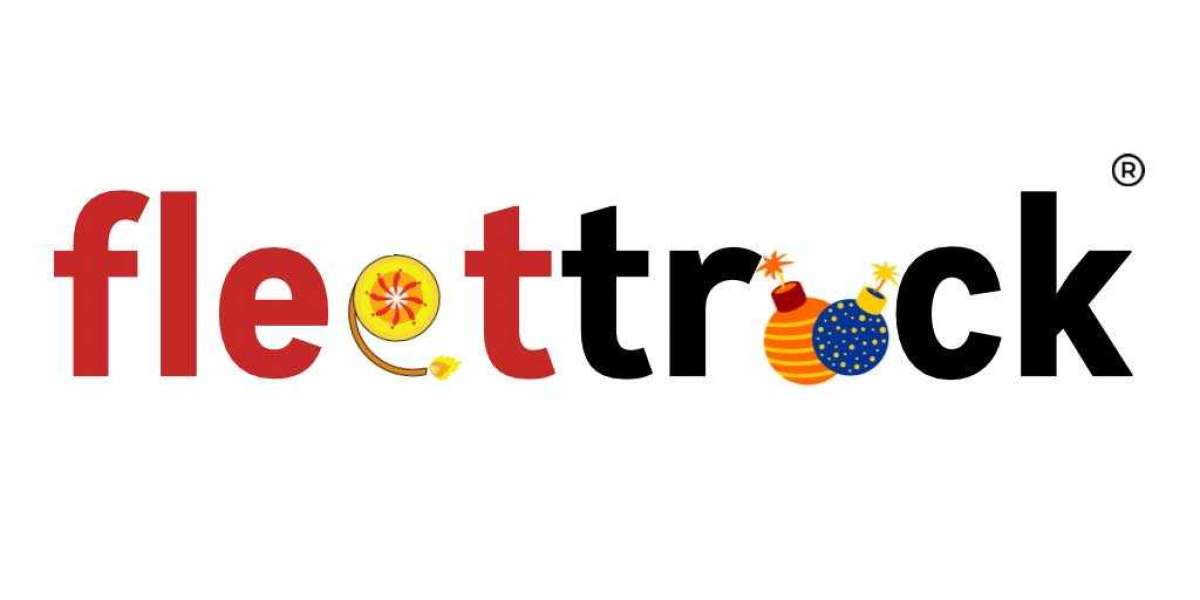In today's rapidly evolving world, the need for sustainable practices has never been more pressing. Industries across the globe are seeking innovative ways to reduce their environmental footprint. One of the most effective strategies is to adopt eco-friendly disposable alternatives. This article delves into 10 eco-friendly disposable alternatives for a sustainable industry Herman Sifuentes, offering insights into how these options can revolutionize our approach to sustainability.

1. Biodegradable Packaging
Biodegradable packaging is a game-changer in the realm of sustainable industry. Made from natural materials such as cornstarch, these packages decompose naturally, reducing landfill waste. Unlike traditional plastic, biodegradable packaging breaks down into harmless substances, making it an excellent choice for eco-conscious businesses.
2. Compostable Cutlery
Compostable cutlery, crafted from materials like bamboo or PLA (polylactic acid), offers a sustainable alternative to plastic utensils. These items can be composted along with food waste, turning into nutrient-rich soil. This not only minimizes waste but also supports organic farming practices.
3. Recycled Paper Products
Recycled paper products, such as napkins and paper towels, are essential for reducing deforestation and conserving natural resources. By opting for recycled paper, industries can significantly cut down on their environmental impact while still meeting their disposable needs.
4. Plant-Based Plastics
Plant-based plastics, also known as bioplastics, are derived from renewable sources like corn or sugarcane. These plastics offer the same functionality as traditional plastics but with a reduced carbon footprint. They are an excellent option for industries looking to maintain convenience while prioritizing sustainability.
5. Edible Packaging
Edible packaging is an innovative solution that eliminates waste entirely. Made from materials such as seaweed or rice, these packages can be consumed along with the product. This not only reduces waste but also adds a unique twist to the consumer experience.
6. Reusable Cloth Bags
Reusable cloth bags are a versatile and eco-friendly alternative to single-use plastic bags. Made from durable materials like cotton or jute, these bags can be used multiple times, reducing the need for disposable options. They are ideal for industries looking to promote sustainability among their customers.
7. Mushroom-Based Packaging
Mushroom-based packaging is a cutting-edge solution that utilizes mycelium, the root structure of mushrooms, to create biodegradable packaging. This material is not only sustainable but also offers excellent protective qualities, making it a viable alternative for various industries.
8. Beeswax Wraps
Beeswax wraps are a natural and reusable alternative to plastic wrap. Made from cotton infused with beeswax, these wraps can be used to cover food items and keep them fresh. They are washable and can be reused multiple times, significantly reducing plastic waste.
9. Palm Leaf Plates
Palm leaf plates are an eco-friendly alternative to disposable plastic or paper plates. Made from fallen palm leaves, these plates are biodegradable and compostable. They offer a sturdy and aesthetically pleasing option for industries looking to reduce their environmental impact.
10. Water-Soluble Packaging
Water-soluble packaging is an innovative solution that dissolves in water, leaving no waste behind. Made from materials like polyvinyl alcohol, this packaging is ideal for single-use items and can significantly reduce plastic pollution in oceans and landfills.
In conclusion, adopting these 10 eco-friendly disposable alternatives for a sustainable industry Herman Sifuentes can lead to a significant reduction in environmental impact. By integrating these options into their operations, industries can contribute to a more sustainable future while still meeting their disposable needs. The shift towards eco-friendly disposables is not just a trend but a necessary step towards preserving our planet for future generations.








